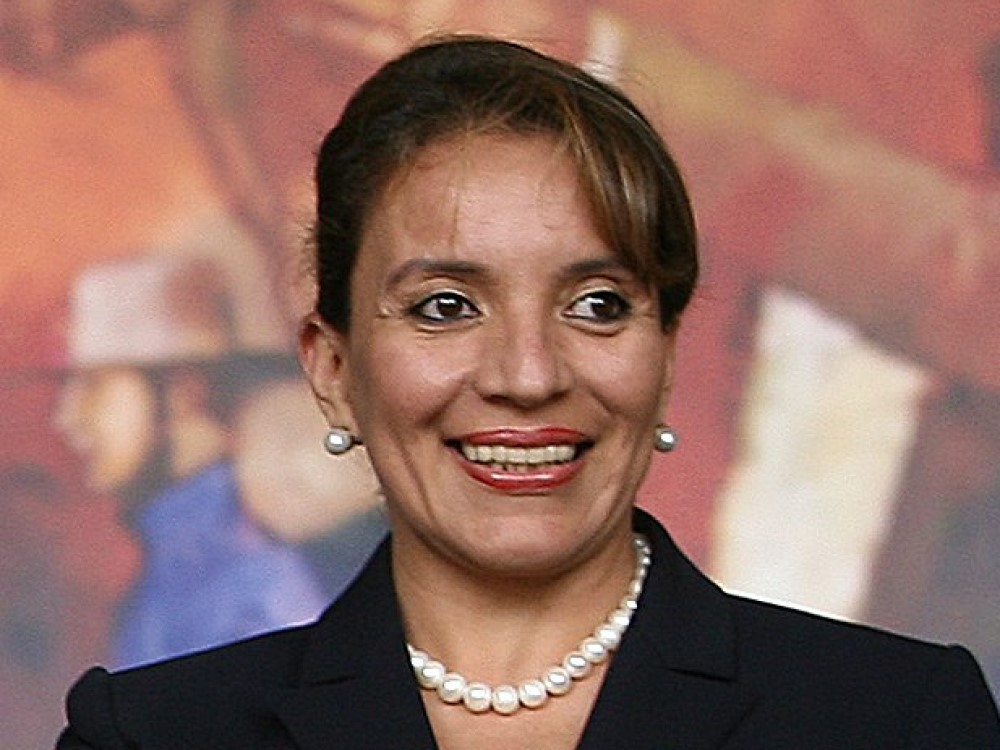
In January 2022, Xiomara Castro made history by becoming the first woman to hold the position of President of Honduras. Her election with a record-breaking 1.7 million votes was seen as a significant step towards greater gender equality in the country. As the former first lady during her husband's presidency, Castro had the opportunity to witness firsthand the challenges faced by the nation, particularly concerning women's rights. Her campaign pledges to protect and expand women's rights resonated with many, promising hope for a brighter and more inclusive future. However, nearly a year into her tenure, there is growing skepticism among citizens as few of her women-focused promises have materialized.
During her campaign, Castro highlighted the urgent need to address Honduras' grim reality of femicide, a rampant crime plaguing the nation. Despite her commitment to tackle this issue head-on, progress has been slow, and the alarming rates of violence against women have not significantly abated. Women continue to live in fear, and justice for victims of femicide remains elusive. While the complexities of addressing this deeply ingrained societal problem cannot be understated, the lack of concrete action has left many disillusioned.
Another key aspect of Castro's platform was advocating for less restrictive abortion policies. Honduras has some of the strictest anti-abortion laws globally, denying women the right to make choices about their own bodies and reproductive health. Castro's campaign promised to work towards ensuring women have access to safe and legal abortion options.
However, this particular pledge has faced considerable opposition from conservative groups, hindering any significant advancement in this area. As a result, women continue to bear the brunt of these restrictive policies, with their reproductive autonomy still under threat.
While it is true that leading a country involves navigating complex political landscapes and facing various challenges, the lack of tangible progress on crucial women's rights issues has left many questioning Castro's ability to deliver on her promises. Despite her previous role as the first lady, her administration has struggled to push forward meaningful reforms and initiatives. The disappointment among women's rights activists and citizens who had placed their faith in her ability to bring about change is palpable.
To regain trust and credibility, President Castro must take decisive action. Collaborating with advocacy groups, women's rights organizations, and civil society will be essential in designing and implementing policies that address the root causes of gender-based violence and foster gender equality.
This would involve comprehensive efforts, including improving law enforcement and judicial responses to femicide, providing support systems for victims, and promoting gender-sensitive education to challenge deeply ingrained cultural norms.
Furthermore, Castro must demonstrate an unwavering commitment to advocating for less restrictive abortion laws. While navigating political opposition will be challenging, the president must use her platform to raise awareness and engage in constructive dialogue about the importance of reproductive rights and bodily autonomy.
